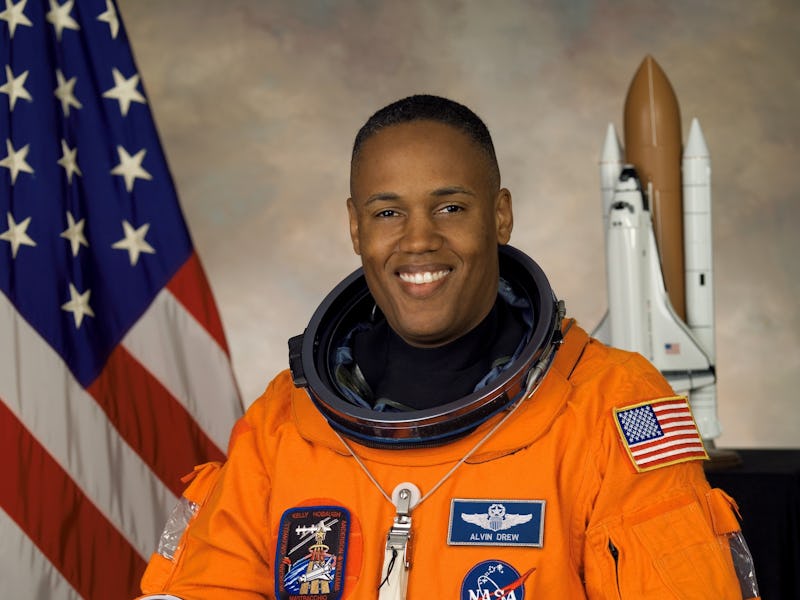Astronaut Alvin Drew Calls for More Arts Education
The former astronaut wants future generations to have the training to be able to convey scientific theories in imaginative ways.

A oft-used acronym in the world of education and politics, STEM stand for science, technology, education, and math — but today in Washington, a former NASA astronaut proposed adding arts & humanities to those core subject areas.
This proposal for so-called “STEAM” — the “A” is for “arts” — education was made by Alvin Drew, who traveled to space twice, once aboard the space shuttle Endeavour and once to the International Space Station. But once he returned to Earth, Drew says he couldn’t quite put into words what he saw.
“Seeing things that we weren’t ever evolved enough to go experience, and not having the words to convey that to somebody so I can give them that same experience was very frustrating,” he said.
Drew was part of a panel that gave the State of Science, Technology, Engineering, and Math Address, a follow-up to much of what the president said about science during Tuesday’s State of the Union.
“I also see STEM evolving into STEAM, the A being for arts and humanities,” Drew said. He noted that the public often shies away from meaningful engagement with hard science, because it’s easy to get lost while navigating equations and ethereal concepts.
“If you have the best idea in the world but you can’t communicate it to everybody else, then that idea stays locked up in your head and you have to be able to convey that idea” Drew said.
Alvin Drew (second from left) sits in the middle of the STEM panel during Wednesday's White House talk.
The former astronaut and Air Force pilot implored students in the crowd to “go out there and put ideas on paper” in ways that are compelling. He then compared learning math and science to linguistics.
“A lot of what we do in science and technology is intimidating to people because you’re learning a new language…learning math is not different from learning Russian.”
The key, Drew said, is having people who can convey advanced scientific concepts “without filling sheets up with equations that put people off.
While delivering a different set of remarks, White House Chief Technology Officer Megan Smith echoed much of what Drew said, bringing up Star Wars: The Force Awakens: “It took a lot of technology to make those movies and also an extraordinary imagination and a lot of art,” Smith said.
“Art and tech aren’t separate from each other,” she said.